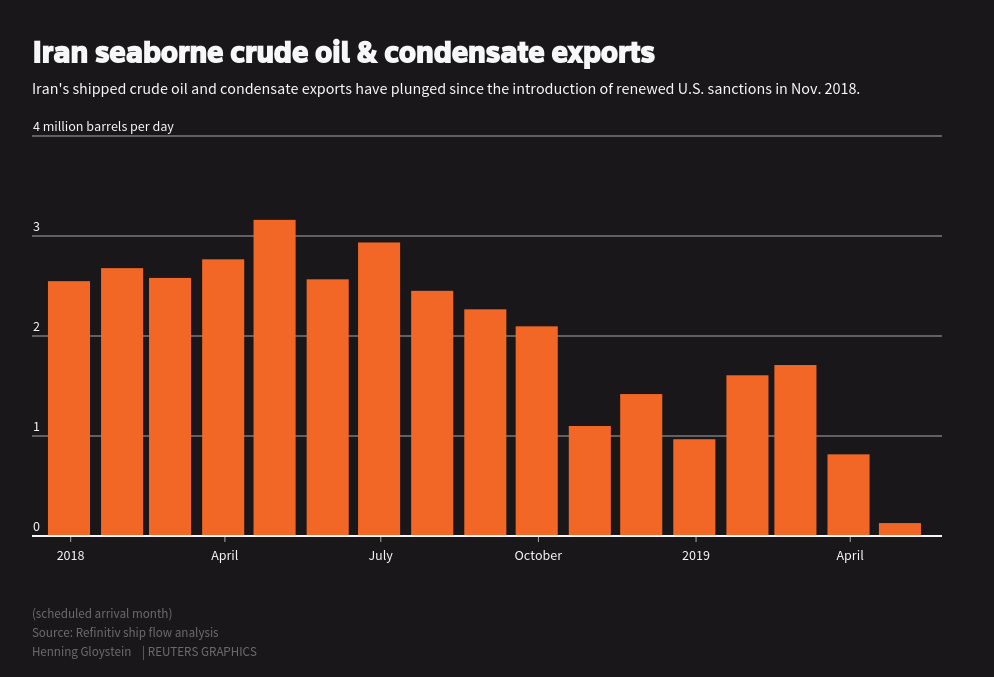Voters set to punish May’s Conservatives over Brexit delay
LONDON (Reuters) – English voters are expected to use local government elections on Thursday to punish Prime Minister Theresa May’s Conservative Party over its failure to deliver Brexit, revealing a divided and dissatisfied electorate.
More than 8,000 seats on English councils – administrative bodies responsible for day-to-day decisions on local policy ranging from education to waste management – are up for grabs in the first elections since Britain missed its March 29 Brexit date.
The results will paint a picture, albeit an imperfect one, of how that has affected support for May’s centre-right Conservative Party, and the leftist opposition Labour Party.
The Conservatives are forecast to lose hundreds of seats, and, according to one analysis, the final toll could top 1,000. Labour, which rejects May’s vision of Brexit but still supports leaving the bloc, are expected to make gains, as are the anti-Brexit Liberal Democrats.
That would heap more pressure on May to resign, showing that the deep dissatisfaction with her handling of Britain’s EU exit extends beyond party members into the wider population, angering both those who want to leave and those who want to stay.
“Never did I think a time would exist where I’d get abuse from Conservatives for telling Conservatives to vote for Conservatives, but here we are,” said Stephen Canning a local councillor campaigning for the Conservatives in a pro-Brexit part of south-east England.
BREXIT DEADLOCK
May has been unable to persuade parliament to approve her plan for leaving the EU, forcing her to ask Brussels to extend Britain’s membership until October. She has turned to Labour in search of a compromise that could get enough support, but how, when, and even if, Britain will leave the EU remains unclear.
The first results are due to be released in the hours after polling closes at 2100 GMT on Thursday.
Robert Hayward, a polling specialist and former Conservative lawmaker, said he expected the Conservatives to lose more than 800 seats, Labour to gain fewer than 300 and the Liberal Democrats to pick up more than 500.
Another analysis by academics Colin Rallings and Michael Thrasher suggested that a swing in polling towards Labour could translate into Conservative losses of more than 1,000 seats and 800 Labour gains.
Local elections are historically seen as an imperfect proxy for national sentiment because turnout is low, they do not cover every area of the country, and can be narrowly focussed on local issues such as street lighting and refuse collection.
Council elections take place in yearly batches across England. There are also some local elections taking place in Northern Ireland on Thursday but none in Wales and Scotland, which operate under a different schedule.
The English seats being contested on Thursday were last up for grabs when the Conservatives were riding high in 2015, on the same day as May’s predecessor David Cameron won the party’s first majority in parliament for 23 years.
“A fall from that level is therefore inevitable at some stage and it will come this year – with force,” Hayward said.


